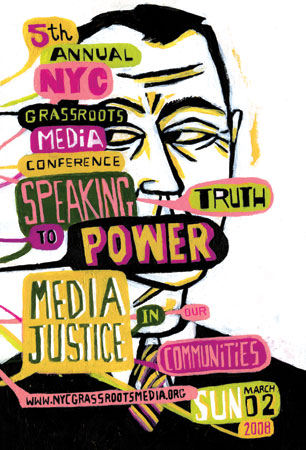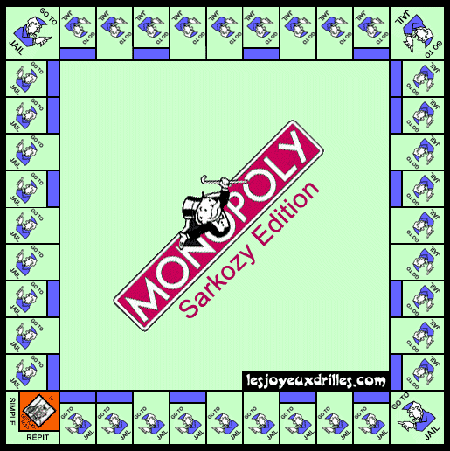via:
The Jerusalem Post
War games
By SAM SER
Kassam rockets are coming in way too fast, raining terror across the western Negev. IAF fighter-bombers are responding with ferocious bombardments of Gaza City, and tanks are rolling in behind them. The whole chilling scene unfolds on the computer screen... until I hit the "escape" button.
As if the constant stream of television coverage of Operation Cast Lead weren't enough, several video games depicting the fighting have been posted to popular on-line gaming sites in the past two weeks. So now the fate of Israelis and Palestinians are in the hands of computer geeks from Nebraska to New Zealand.
Look closely at the kongregate.com or newgrounds.com Web sites, for example, and you'll find current events reflected in the list of free games. In Gaza Defender, a Hamas gunman must fire his AK-47 into the sky, shooting at IAF jets as they drop bombs that tear away at the Gaza skyline. Save Israel is a race against the clock as rockets bombard the South; the goal is to click on the cities being targeted (to sound the Color Red alarm) and then click on the incoming rockets to destroy them before they hit.
Two take-offs on the popular "tower defense" game are used to highlight the disparate forces involved in this (real) war. In Raid Gaza, Israel's high-powered military faces off against woefully inaccurate homemade rockets, in a clear mismatch that leads to an inordinate number of casualties on the Palestinian side. Likewise, Gaza Defense Force pits a handful of rock throwers against tanks and planes in an utterly hopeless battle.
These games were put together quickly, using simple Flash programming and a lack of any real plot development. This is old-school electronic warfare, the kind that is controlled with arrow keys, the space bar and a few well-timed left-clicks on the mouse. At the same time, though, these games are becoming a new front in the Israeli-Arab conflict - a battle for hearts and minds that is anything but fun and games.
20 January, 2009




